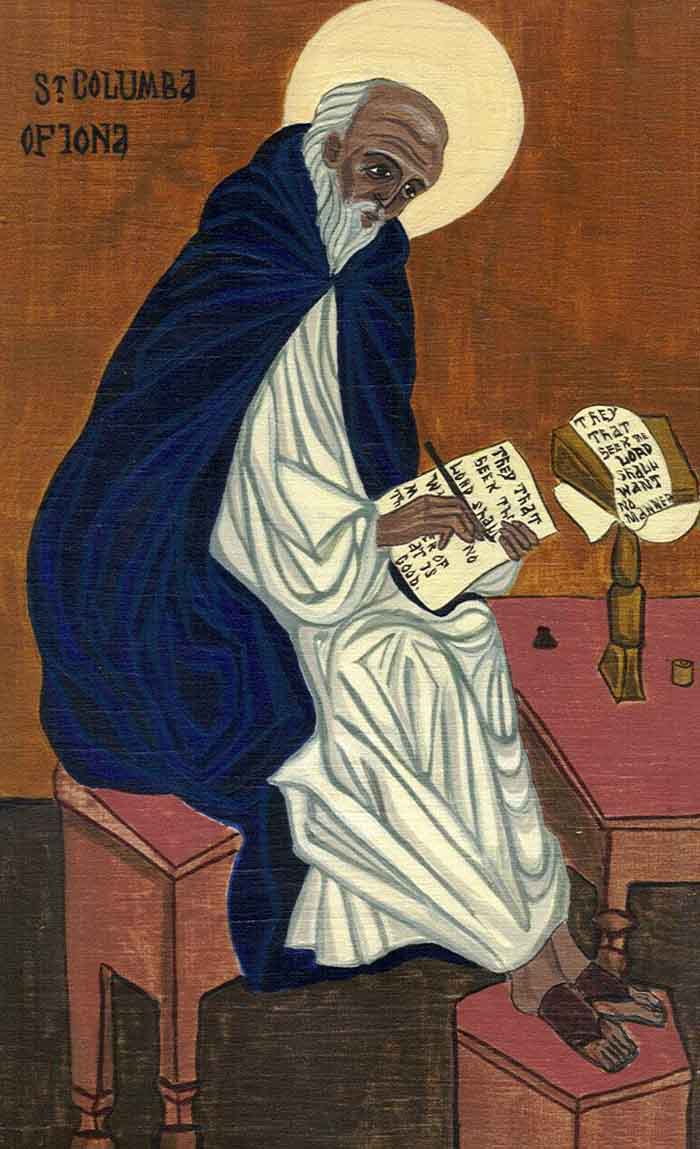23 October 2009
"Each human being has full human rights. The freedom we have been given for self determination only exists along with respect for the common good and for the development of virtue in every individual – virtue that directs and guides freedom."

On March 25, 1995, Pope John Paul II published his encyclical on life issues. Aptly named “The Gospel of Life” (Evangelium Vitae), this text is a very careful and comprehensive analysis of the inestimable worth and dignity of the human person. Each human person is a singularity and is not subject to other goods, as though they took precedence over the human person. Each human being, from conception to natural death, is a subject, not an object, and cannot be put at the disposal of other human purposes.
At one point in its treatment of human life, the encyclical notes the increase of the language of “fundamental rights” and applauds some of this language: “Various declarations of human rights and the many initiatives inspired by these declarations show that at the global level there is a growing moral sensitivity, more alert to acknowledging the value and dignity of every individual as a human being, without any distinction of race, nationality, religion, political opinion or social class.” But the encyclical also notes a very menacing threat in “rights language” being used to justify crimes against human life itself. Further, the “rights language” in some instances seeks authorization by the State so that assaults on human life can be done with total freedom. As the Holy Father made clear, this happens where the language and activities of the “autonomous” individual outflank a more important consideration: Each human being has full human rights. The freedom we have been given for self determination only exists along with respect for the common good and for the development of virtue in every individual – virtue that directs and guides freedom.
What is genuinely necessary is that freedom be directed to and shepherded by truth.
“Freedom negates and destroys itself, and becomes a factor leading to the destruction of others, when it no longer recognizes and respects its essential link with the truth. (…) (T)he person ends up by no longer taking as the sole and indisputable point of reference for his own choices the truth about good and evil, but only his subjective and changeable opinion, or, indeed, his selfish interest and whim.” (EV, # 19)
Each year, the Catholic Church in the United States celebrates Pro-Life Month during October. This yearly reminder is a call to us to intensify our commitment to the human person, most especially towards those who are vulnerable. Among the most vulnerable in our country right now are the unborn, the disabled and the seriously ill. The right to life makes other rights possible; where that right is diminished or denied, the structure of our common life together as citizens is seriously wounded and distorted. The other human rights involve something more than life itself. They are very important but presume the fundamental core of the existence of each human person as both right and gift. The right to life expresses a conviction that there is a God-given inalienable human dignity to each human being; this is bedrock! In our culture that right to life has been compromised. The assault on the gift of human life has taken place gradually and has been fueled by an excessively individualist sense of personal freedom untethered from a responsibility for truth. Our culture is in a very dangerous situation.
I ask the faithful in this local Church to become men and women of prayer, convinced of the meaning of the dignity and worth of each human person. Each of our own hearts has to be deeply converted to a culture where human life is treasured and upheld and supported. I pray that our ongoing conversion will lead to action in defense of and commitment to human life. Such action has a wide range of possibilities, from volunteering in pro-life pregnancy counseling centers to work on the pro-life committees in parishes to political action. Our current situation about respect for human life and its inestimable worth is one that calls for great concern, prayer and a clear commitment. Many of us have become too vague and complacent about the threats to human life. Our annual Pro-Life Month celebration urges us to prayer, thought and action.
















